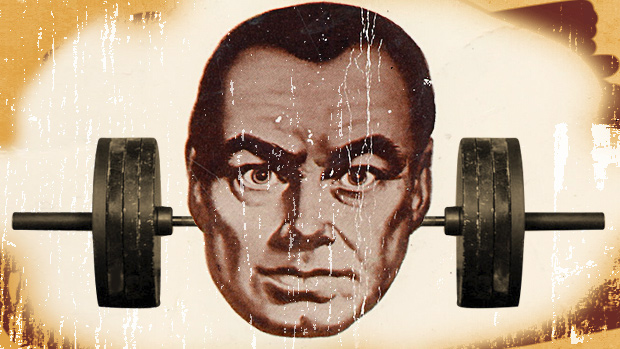First and Second Sleep
It's a long-forgotten part of human physiology, but until about a couple of hundred years ago, humans slept in two distinct phases called "first sleep" and "second sleep." When it got dark, they'd go to bed, but then, some time after midnight, they'd wake up, get out of bed, eat, socialize, screw, or whatever they wanted to do, and then go back to sleep until the sun came up.
When electricity and lighting became widespread, this behavior was pretty much forgotten because "lights out" was no longer determined by the sun, but by whoever pulled the string on the light bulb. Still, people kept on waking up at night. As much as they tried, their genetic memory wouldn't let them forget about first sleep and second sleep.
To this day, people wake up in the middle of the night and blame it on "insomnia," even though it's often perfectly normal and perhaps even desirable behavior. In fact, sleep researchers who recreated first sleep/second sleep behavior in modern day test subjects (by keeping them away from electric lights) found that the time before first sleep and second sleep was the most relaxing time of day, almost like some yogi-like meditation. Biochemically, subjects between sleep periods pump out large amounts of prolactin, the post-orgasm, feel-good hormone.
Of course, modern day sleepers find this period anything but relaxing. They try to force themselves to go to sleep, as if the energy systems required to fall asleep are the same as those required to do a 500-pound deadlift. Others use pharmaceutical aids, sometimes to the point of accidentally killing themselves.
Do This Instead
If you habitually wake up in the middle of the night, consider these options:
1. Rather than lying there and getting steamed, get out of bed.
Do something that's more quietly pleasurable instead of stimulating. If you read, use a Kindle or one of those old-fashioned book things (the blue light from electronic screens monkeys around with your sleep hormones). Then, after about a half-hour or so, go back to bed. Instead of willing yourself to sleep, wait patiently for it to come because sleep, like boiling water or Santa, seems all the more elusive when you desperately want it to come.
2. If sleep is truly elusive, consider dietary interventions instead of addictive drugs.
Magnesium plays a vital role in regulating sleep patterns and the American diet is woefully deficient in this mineral. Four or five hundred milligrams before bed can often give immediate results.
3. The non-addictive formula, Z-12™ acts as both an anxiety reliever and a nootropic.
It brings lasting sleep more quickly and, unlike prescription sleep aids, doesn't impair memory or leave you hungover. Two to four capsules 30 minutes before bedtime works wonders.





